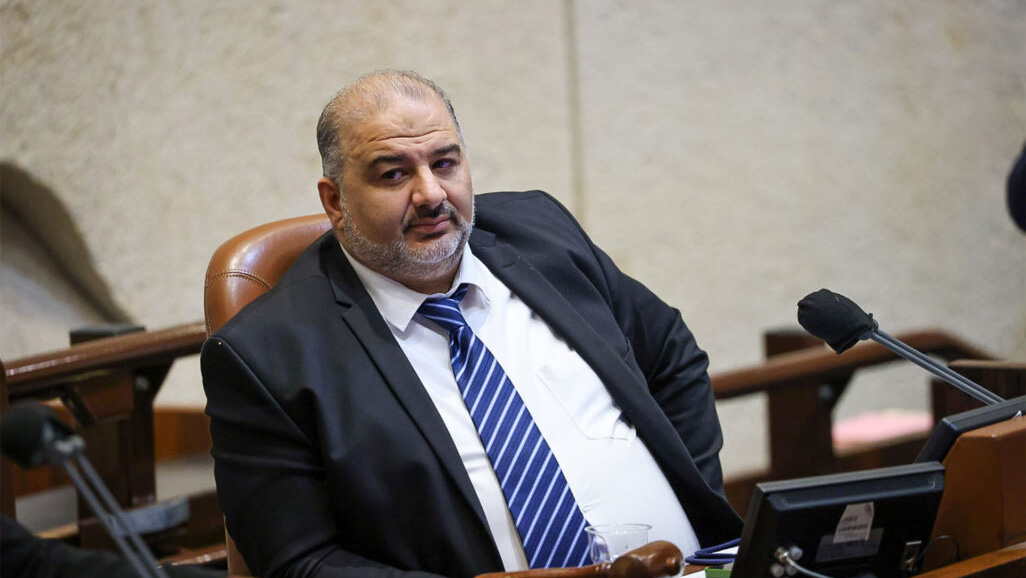
Last Friday, the Knesset Plenum approved the renewal of the Citizenship Law, making it more difficult to reunite families of Arab Israelis with residents of the Palestinian Authority and other Arab countries. The law, which was repealed nine months ago, was approved by a majority of 45 to 15 after severe disagreements within the coalition and rare cooperation between the coalition and the opposition.
Before the vote, instead of asking to see the vote as a vote of no confidence, MK Ahmad Tibi of the Ta’al party proposed to MK Mansour Abbas to sign a bill to dissolve the Knesset. MK Abbas, head of the Ra’am party which is part of the current fragile coalition, replied that while the purpose of the Joint List is to dissolve the Knesset and the government, the purpose of Ra’am is to serve Arab society.
The renewed law restricts the power of the Minister of the Interior to grant citizenship or a residence permit in Israel to a resident of the West Bank or Gaza, as well as to a citizen or resident of “enemy countries.” By law, the Minister will be able to grant citizenship or a residence permit for two years in specific exceptional cases provided by law. The Minister of the Interior is obligated to establish a humanitarian committee to examine requests for reasons of domestic violence, in which case it must submit the final decision within three months of the referral.
The law is perceived as restricting and harming the Arab citizens of Israel, about 20,000 of whom are waiting for family reunification, according to organizations dealing with the issue. The defense establishment justifies the law by claiming that a small number of the people who were allowed to enter Israel under this law carried out terrorist activities.
The law was first enacted in 2003 for a period of 12 months, and allowed the government to extend its validity for another 12 months with the approval of the Knesset Plenum. Over the years, a preliminary discussion has also been added to the plenum discussion in the Foreign Affairs and Defense Committee, which decides whether to give a nonbinding recommendation to the plenum to extend the law.
Since 2003, the law has been continuously extended until July 2021, when it was rejected by a plenum vote. During the vote, two members of the coalition-affiliated Ra’am faction abstained, and opposition right-wing factions voted against extending the law, despite their principled support for it.
MK Amichai Chikli, a right-wing Knesset member from the Yamina party who dissociated himself from his party’s position, also voted against extending the law in a vote defined as a vote of no confidence in the government.
The vote was preceded by agreements between the Meretz and Ra’am factions and Interior Minister Ayelet Shaked, which would provide thousands of families with a humanitarian response to their plight. These agreements have since become irrelevant.
Although the law was repealed in 2021, there was no significant change in practice because Interior Minister Ayelet Shaked refrained from approving reunification requests.
Interior Minister Ayelet Shaked wrote on Friday on her Facebook page: “It is difficult to overstate the importance of the law. This law is a protective wall for many Israeli families, whose lives, and God forbid, would have been interrupted without its enactment. Along with the security necessity, the law has dramatic importance in strengthening the character of the State of Israel as a Jewish state. The demographic challenge is one of the most important issues for the future of the State of Israel as a Jewish and democratic state, and for a moment I had no intention of allowing this loophole to exist.”
This article was translated from Hebrew by Lily Sieradzki.






